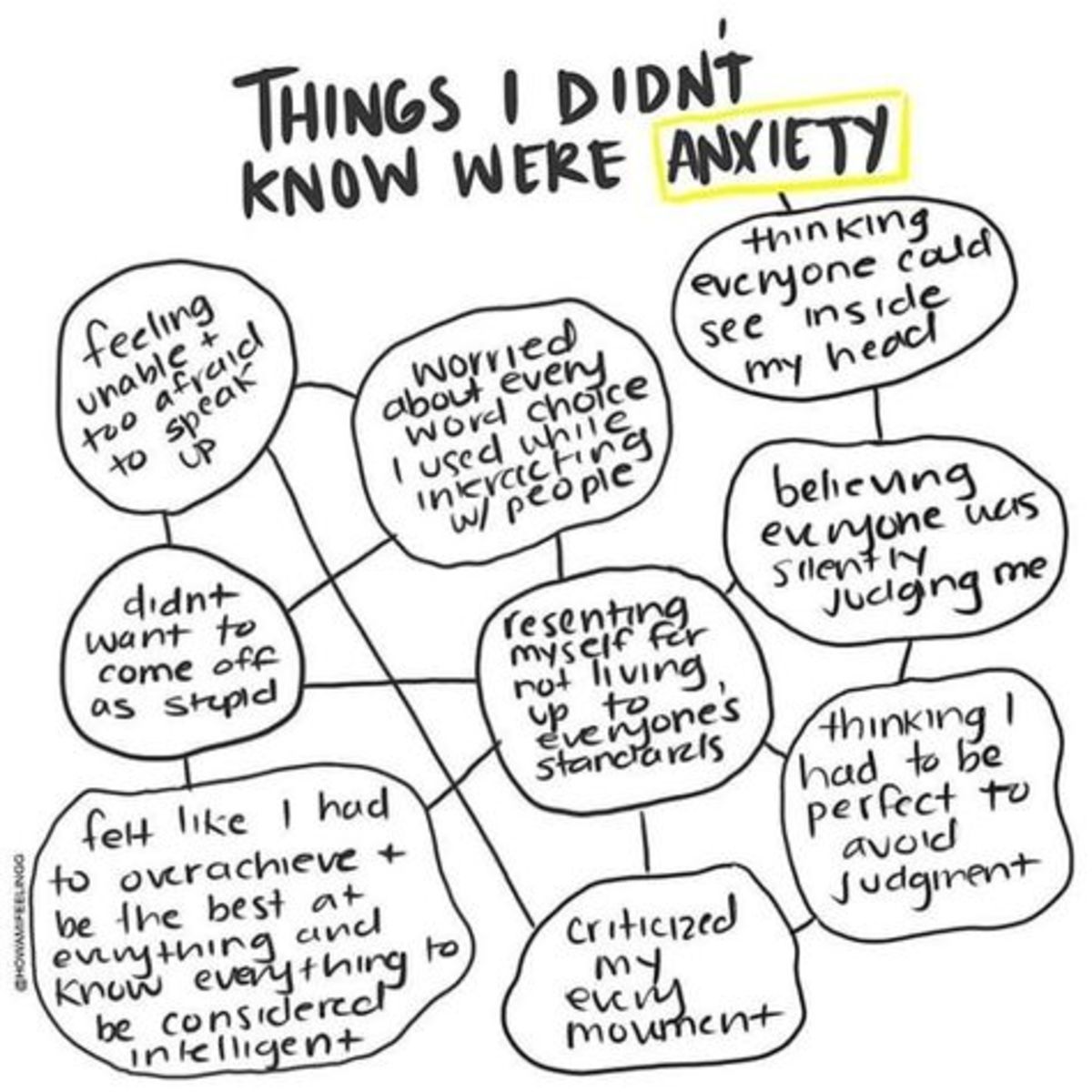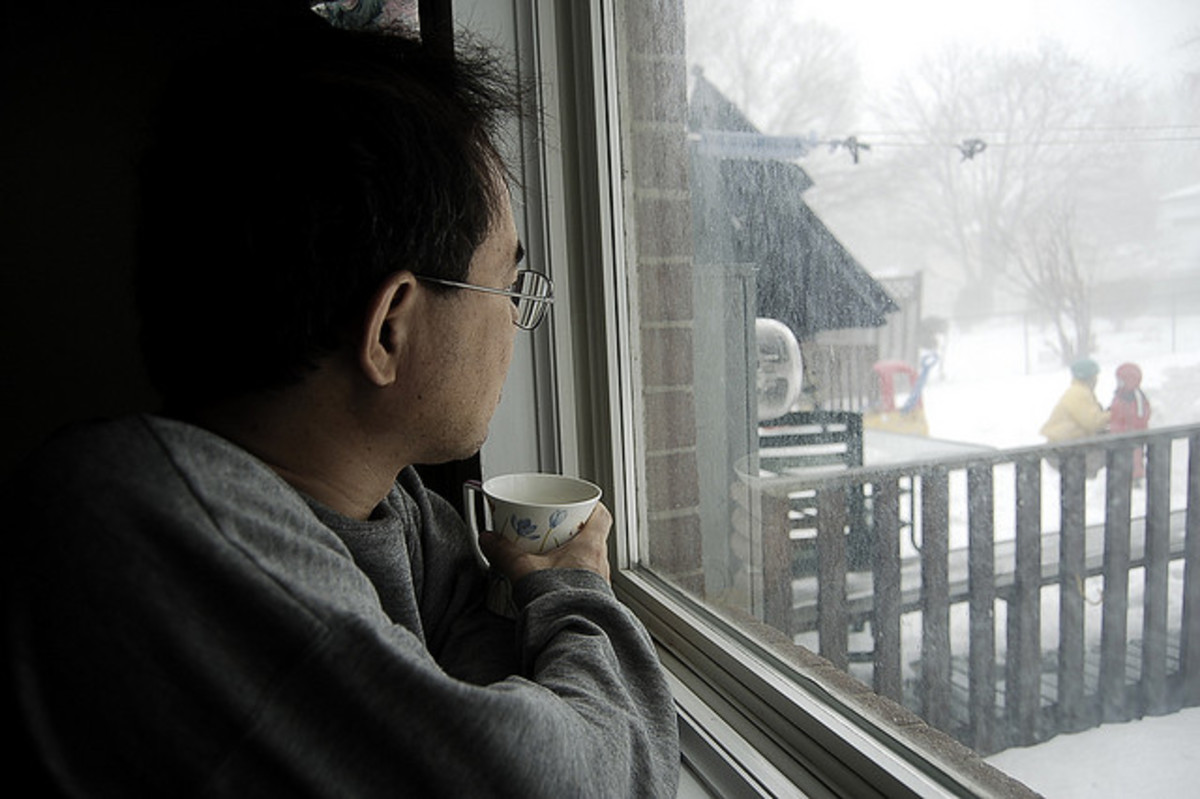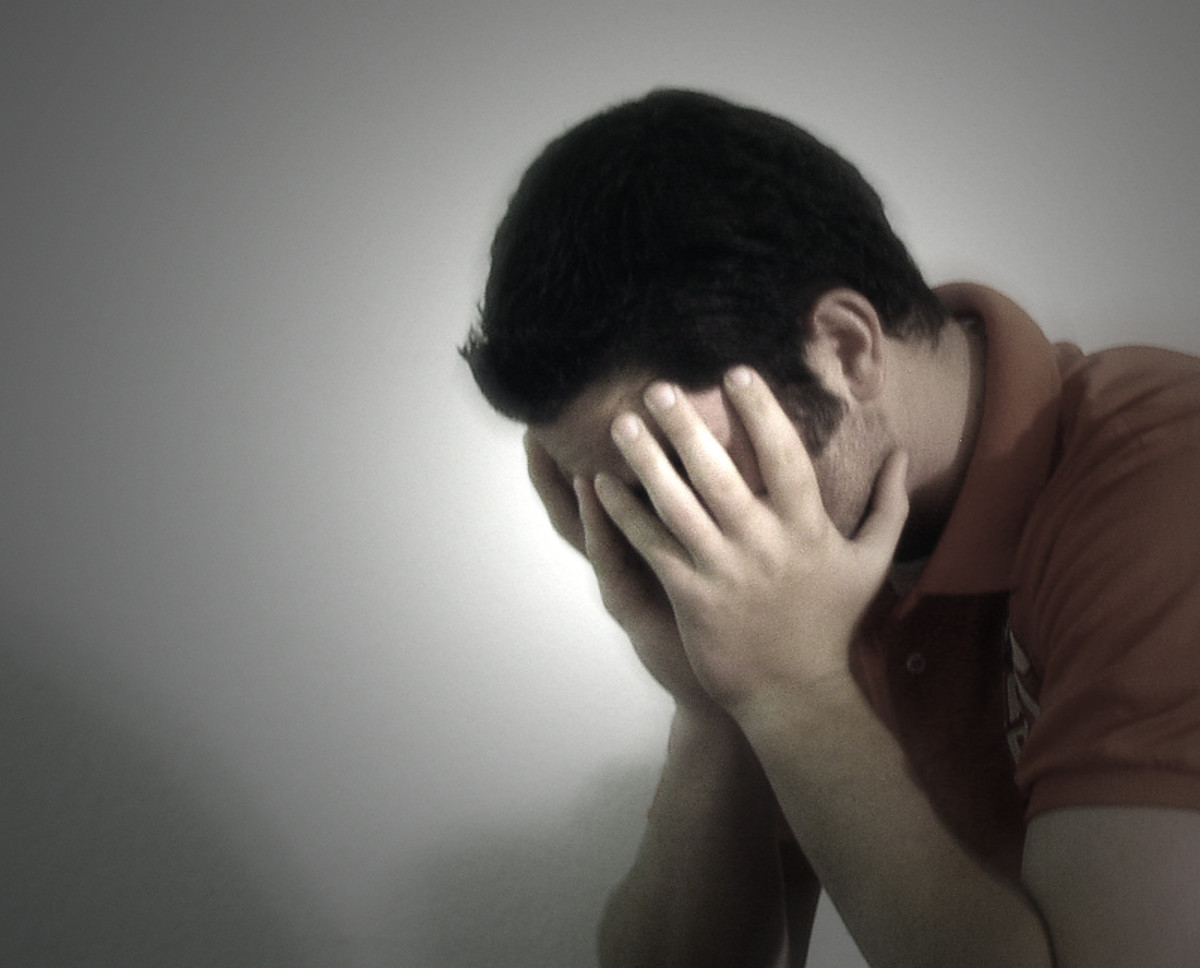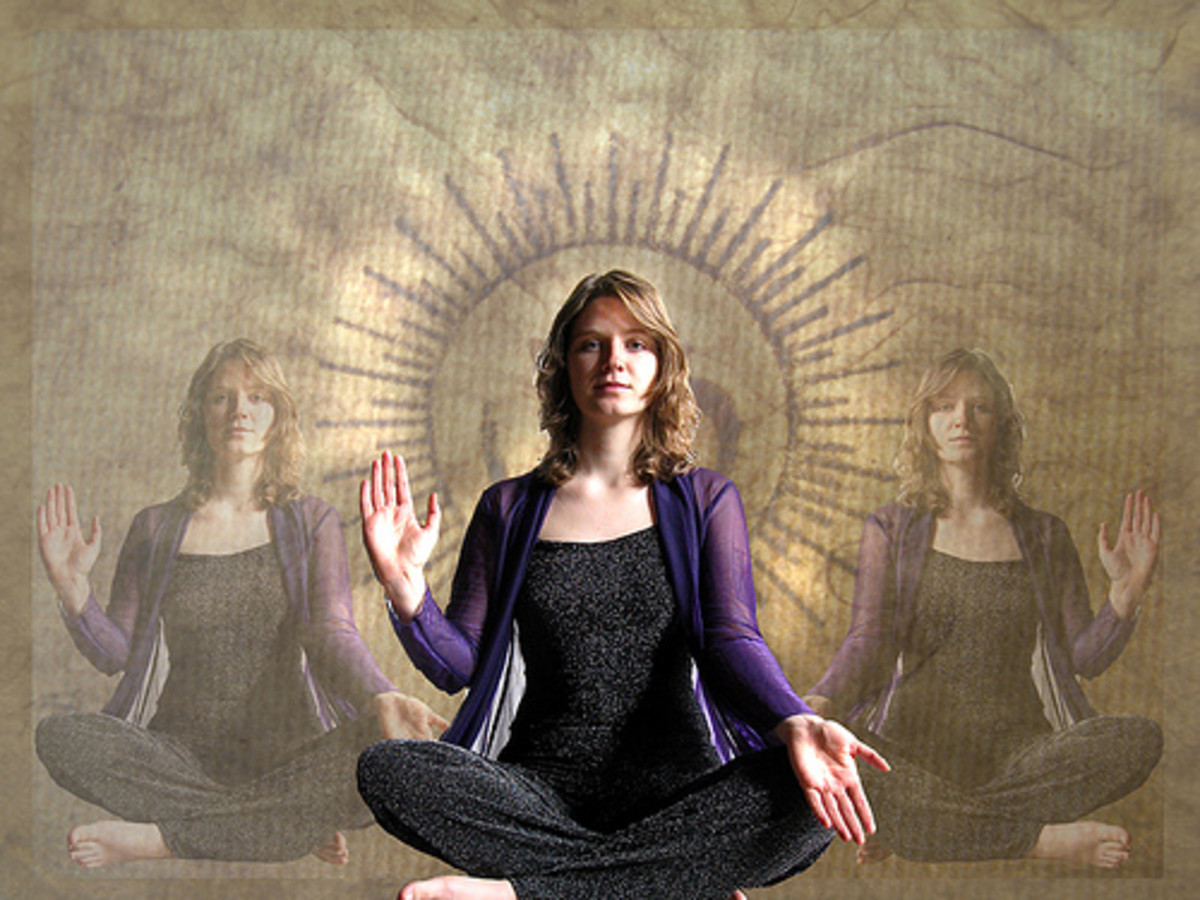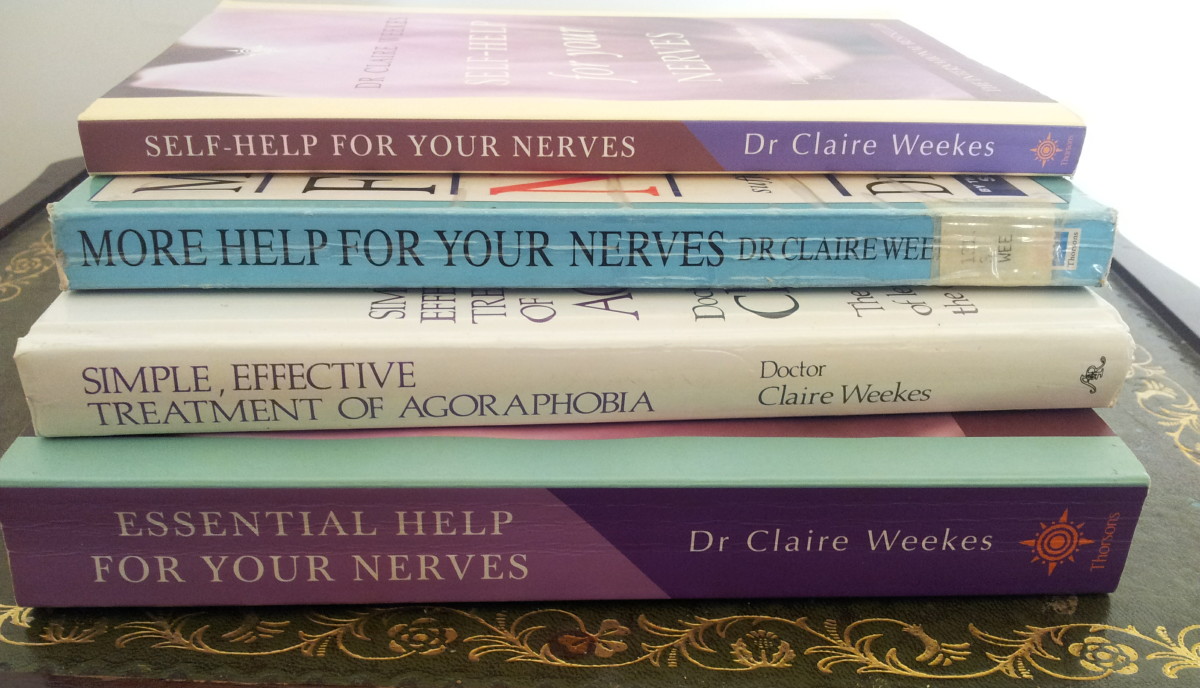Help for Depression & anxiety with thought control

It seems like only yesterday that I was preparing to embark on a much needed vacation to visit friends and family. The trip would consist of two weeks, four states, three forms of transportation and a multitude of sleeping arrangements. I was beginning to feel “run down” by the end of the trip but I attributed it to the trip itself.
The month that followed after my return I continued to get sicker and sicker, until I was finally hospitalized. I was diagnosed with a rare virus which was attacking my lungs, and was not responding to antibiotics. My lungs filled with fluid, I flat lined, was rushed into emergency surgery, and lived, spent three weeks in intensive care and am now thankful for writing this article.
I don't know if it was the things which I witnessed while being in the hospital or the fact that I had to face my own mortality, but shortly after being released the anxiety attacks started to occur. Two weeks later I would come to find out that I wasn’t having simple anxiety attacks. I was diagnosed with chronic anxiety, which is an almost constant condition lasting for days at a time. In between my chronic anxiety I also suffered from panic attacks. Although these are shorter lived, they feel no less frightening.
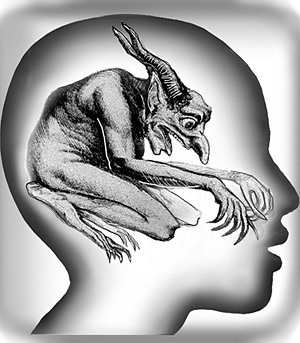
The attacks became so severe that they began interfering with my ability to drive, to be by myself or even function. Simple tasks like cooking or showering felt like climbing mountains. I simply had no choice but to be placed on medication. There are many medications used to treat depression and anxiety disorders. Drugs such as benzodiazepines, and newer options like antidepressants and beta-blockers may be effective, but they shouldn’t be thought of as a cure by any means!
Anxiety medication can provide temporary relief, but it doesn’t treat the underlying cause of the anxiety disorder. Once you stop taking the drug, the anxiety symptoms often return in full force. I hated being on the medication. I couldn’t decide what was worse; the anxiety and panic attacks or the dizziness and my impaired thinking and judgment. It was hard getting out of bed in the morning, and the pills where upsetting my stomach and causing me to have blurred vision now and again. I think I started having more trouble dealing with life while drugged up then with the anxiety! Knowing the facts about the unpleasant and sometimes dangerous side effects of the drugs I was taking was also not helping calm my nerves.
Those out there like myself who experience anxiety attacks, panic disorder or PTSD please know that you are not alone! It’s estimated that 19 percent of the North American adult population (ages 18 to 54) experiences some sort of an anxiety disorder. It’s believed that the number is much higher, since many conditions go undiagnosed and unreported. I have a few friends who suffer from these disorders and yet refuse to see a doctor because of the shame that they feel it brings. Admitting weakness is not a favorite virtue of the ego. The good news is that attacks only last from a few moments to 35 minutes tops. It's very rare for an anxiety attack to last any longer than that. Personally I just don' believe that our brains or bodies could handle it. The not so good news is those 35 minutes during an attack can seem like hours. So how does one go about getting self-help for depression, panic attacks or anxiety? The answer is thought control!
The first trick to thought control is to realize that thoughts are things that are outside of yourself. In order for this to work you must come to terms with the fact that "the mind" and "the brain" are two different entities. The brain is something which can be x-rayed, examined and operated on. You would never be able to do this with the mind.

Almost two years ago my neighbors had some friends stay with them for a few weeks, and they bought along their small pit bull puppy. Stating that this dog was certifiably insane would be an understatement on my part. Every chance this dog got to run out of eyesight of its owners, it managed to get into trouble. Digging holes, climbing trees, and chewing its way up a chain-link fence where all feats accomplished before breakfast, if they allowed it. The minute the owners where out of sight, the barking was endless and the destruction inevitable. This dog could drive even the biggest animal lover to his or her boiling point. I know because I adore animals and this puppy drove me to the brink of insanity during the course of her three week stay.
During the last few days of her visit however, this dog was able to teach me a very valuable lesion. I realized that she was capable of some pretty destructive feats if not watched over constantly. Allowed to run free, she did as she pleased and destroyed everything in her path. Daily, she would return and repeat the same malicious acts over and over. When she was under her owner’s watchful eye and or tied up everything was under control. It suddenly dawned on me that our brain and our minds work the exact same way!
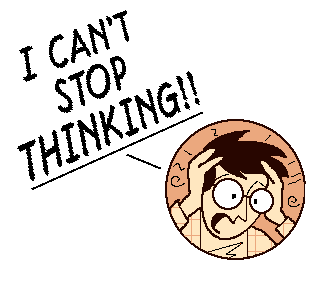
Think of the "brain" as the respectful owner and the "mind" as the untrained, disobedient puppy. What some people call mind-chatter or day dreaming is nothing more than your mind not being focused and allowed to run ramped. There are times when I would be busy doing something, and dazing off into oblivion. All of the sudden I would snap back into reality and hear myself having these crazy thoughts. How long had I been letting my mind wander off alone? How much destruction did it have a chance of doing before I even realized that it was off alone?
When your mind isn’t focused it jumps quickly from one thought to another. You become restless and sometimes can't find the "off" button in order to shut it down and go to sleep. When your mind is focused and concentrated it becomes quieter and more obedient. When we take a close look at anxiety, depression, fear, anger or stress, you will almost always find recurring patterns of negative thoughts. So as a good owner how do we stop this naughty puppy from wondering off and causing destruction?
Step one is to practice being in control of your thoughts. YOU DO NOT HAVE TO BE YOUR THOUGHTS! Just because you have an emotion does not mean that you have to become that emotion. Instead of blindly accepting our impulses to become anxious, to become afraid, to become puppets of our mind, we learn to have control. I found that 99.9% of all my anxiety attacks happened when I was not paying attention to the thoughts that I was having. Without my brains knowledge, my mind was off having crazy, scary thoughts. Next thing you know, I was having an attack.
When your mind wonders off into thoughts, try to catch yourself and bring your attention back to what you’re doing. When you first try to stop the thoughts, it will seem very difficult because they’re going to feel like they are such a strong part of your mind. The moment that you realize that you’ve been thinking about something, notice what you were thinking about, and gently bring your thoughts back to something pleasant. Do not criticize yourself, because believe me this is much harder than it sounds. It's also something that must be practiced daily if not hourly depending on how often you have let your mind roam free.
Our minds have a tendency to want to make the brain suffer. If you’re stressing out about something, the thought will be repetitive. The mind gets a warped kind of pleasure in keeping the brain in a state of chaos and rejoices in getting the body to react.
Whenever a thought appears, ask yourself, who is thinking this? Who is it who listens to thoughts? When you ask these simple questions you will be able to stop the thoughts as soon as they enter. I have also found that saying “stop” is a great way to direct my thoughts in a different direction.
You do not have to be a victim of your own thoughts. You have the power and the choice to reject or give life to those thoughts. The more times you re-run or focus on a thought, the more powerful they become. When you interrupt and intrude on your thoughts you are able to control the feelings. Suddenly you are in the present moment,” and you’re in control NOT your thoughts!

Once you have started catching your thoughts the next best thing is meditation. The reason that meditation has become so popular is because it forces you to learn how to quite your thoughts. The harder it is for you to meditate the longer you have gone without taking control of your thoughts. When I first started to meditate I was lucky if I could quite my mind for five minutes. I almost thru a party the day that I was able to meditate for twenty minutes straight.
I'm not going to tell you that it's going to be easy or something that you will get good at overnight. I will promise you however that you will benefit from thought control and that life becomes a whole easier to deal with. Since learning this technique I am no longer on medication and have only experienced one panic attack in one year.
Controlling the run away, destructive mind is something that every responsible brain owner should learn to do. Buy your mind a collar, keep it on a leash and never allow it to run free unsupervised unless you want to deal with the destruction.
- Health Anxiety with Anxiety Disorders
Health anxiety is probably more common than you think when you already have an anxiety disorder. When we become preoccupied with every little twinge or bodily symptom the results can feel harrowing.

